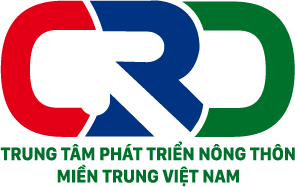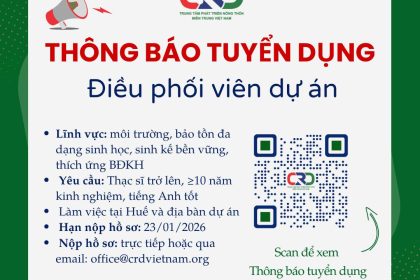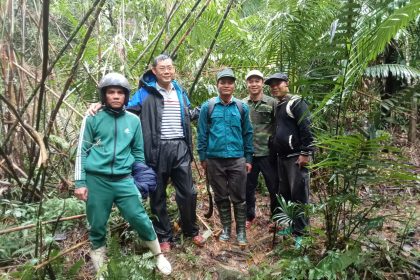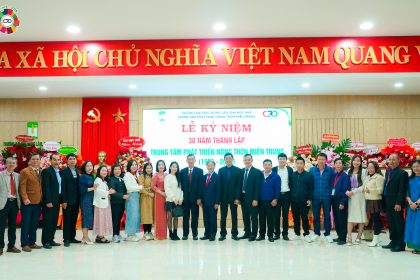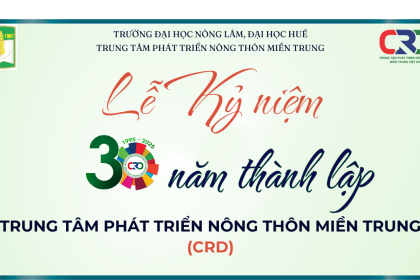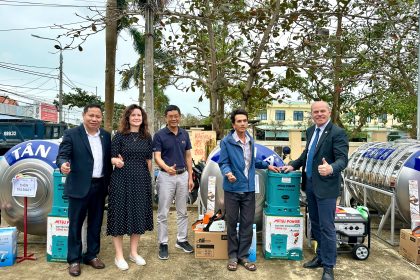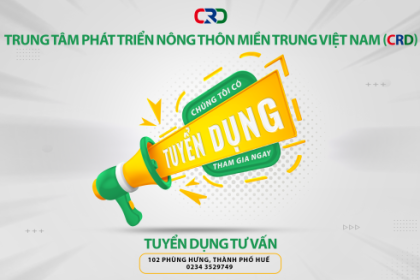- Version
- Download 64
- File Size 1.05 MB
- File Count 1
- Create Date 08/02/2023
- Last Updated 08/02/2023
Authors: Khanh Le Phi Ho, Hoang Truong Quang, Morgan P. Miles
(a) Center for Rural Development in Vietnam, University of Agriculture and Forestry, Hue University, Viet Nam
(b) Center for Rural Development in Vietnam, University of Agriculture and Forestry, Hue University, Viet Nam
(c) School of Agricutrue and Food Sciences, University or Queensland, Australia
A B S T R A C T
This study explores how entrepreneurial marketing can reduce the liability of poorness by enhancing the performance of smallholder agribusinesses in developing economies. Partial Least Squares Structural Equation Modeling (PLS-SEM) analyzed surveys from a judgment sample of 190 Vietnamese SME tea producers.
Entrepreneurial marketing processes, including innovation, customer-linking, and reputational advantage, were positively related to cost advantage for the SME tea producers but not with differentiation advantage. This implies that SME agribusinesses in developing economies should focus on their cost-based advantage and leverage their customer-linking capacity to create premium-priced offerings. This could be enabled by participating in capacity-building opportunities such as Vietnam’s One Commune One Product branding program. The OCOP program offers the opportunity to shift SME agribusiness from a substance orientation toward a more positive entrepreneurial mindset and develop entrepreneurial capabilities to facilitate a more prosperous future.
© 2022 The Authors. Published by Elsevier España, S.L.U. on behalf of Journal of Innovation & Knowledge. This is an open access article under the CC BY-NC-ND license (http://creativecommons.org/licenses/by-nc-nd/4.0/)
Keywords: Customer-linking; Entrepreneurial marketing; Economic development; Resource advantage theory
I N T R O D U C T I O N
Small tea producers are essential sources of smallholder income for developing economies like China, India, Kenya, Sri Lanka, and Vietnam (FAOSTAT, 2020). This paper explores how entrepreneurial marketing processes can help substance tea producers differentiate their products to enhance their livelihoods. Raj’s (2021) work on moving substance farmer-produced tea from a commodity to a differentiated product is one way to enhance their livelihoods and complements Morris et al.
(2022) work on the commodity traps and poverty. The present study uses a survey of Vietnamese SME tea producers to determine if entrepreneurial marketing processes such as market innovation, customer-linking, and reputational advantage, are positively related to either a cost advantage are differentiation market advantage.
The paper contributes to entrepreneurial development theory and policy by considering how entrepreneurial marketing processes and capacity-building programs like Vietnam’s One Commune, One Product (OCOP) may offer a way to break the cycle of the commodity trap. In this study, we discuss the liability of poorness, entrepreneurial marketing processes, development programs like OCOP, methods, findings, implications, and limitations in Vietnam’s tea industry, which increasingly has a vital role in improving livelihoods and alleviating poverty in rural Vietnam.
